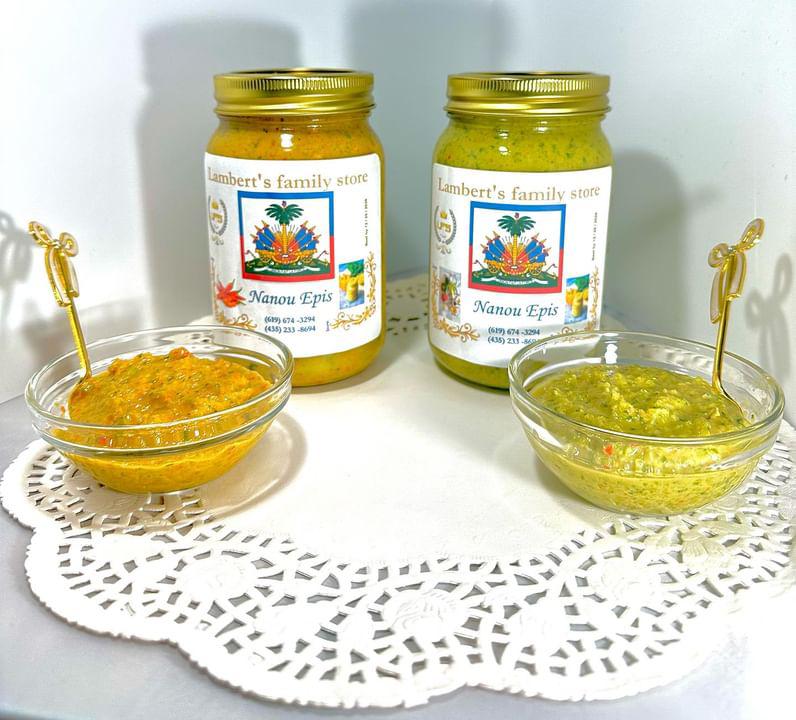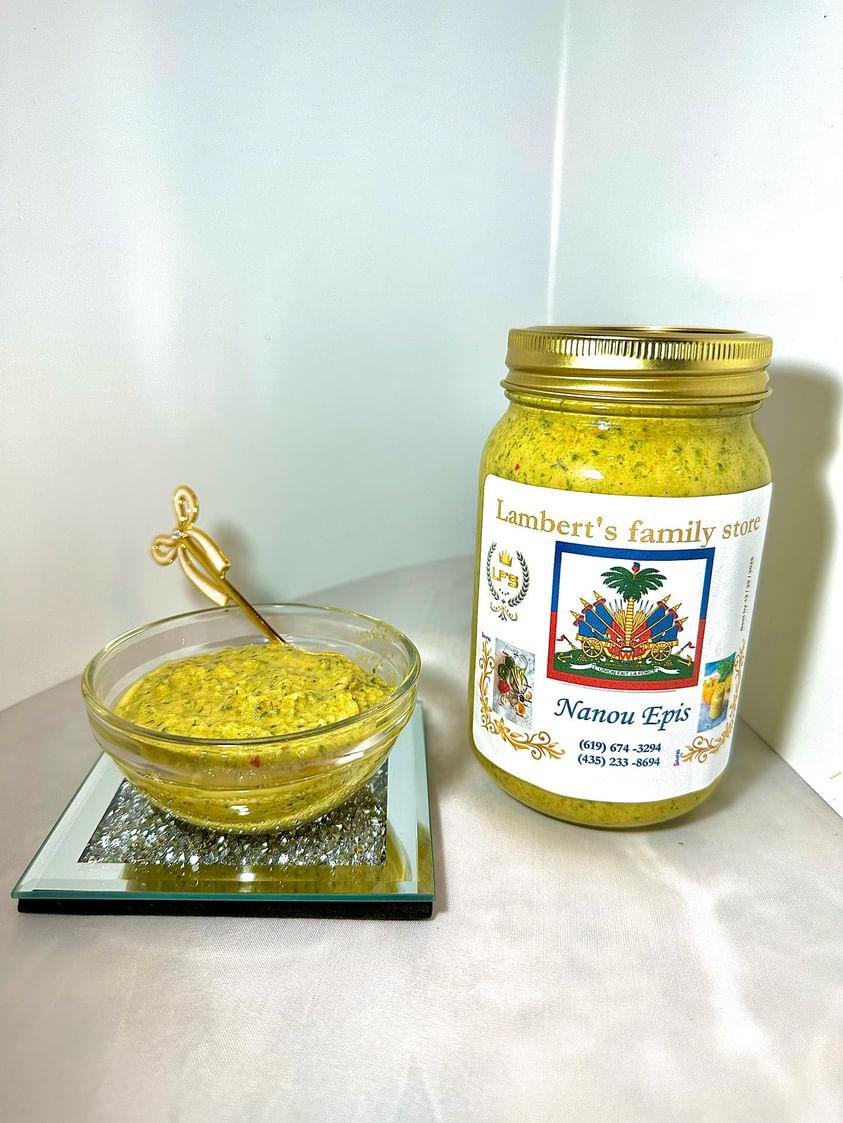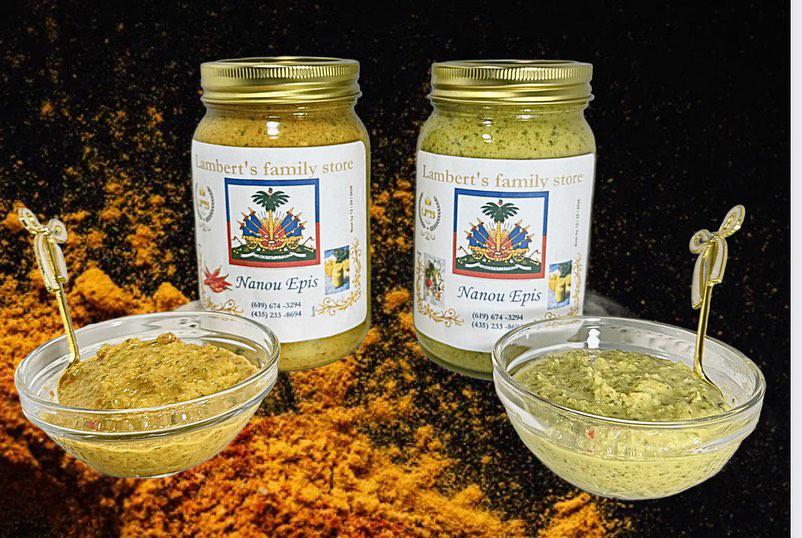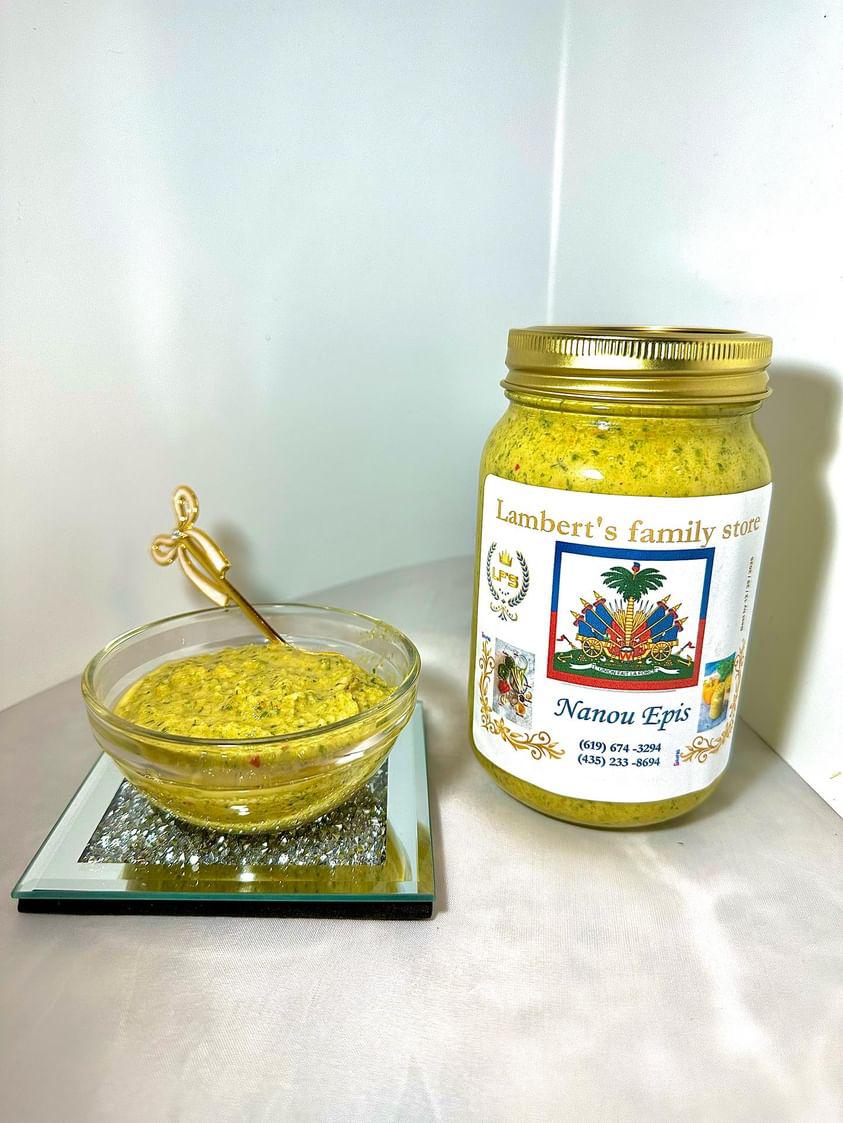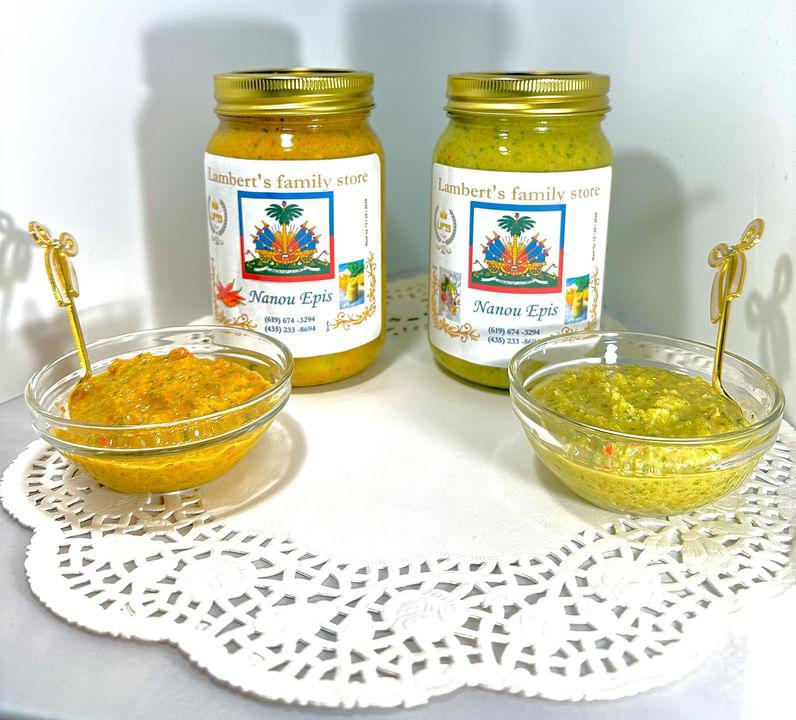Lambert's Family Store
Nanou Spice/Epice
Nanou Spice/Epice
Couldn't load pickup availability
- Ordered
- Order Ready
- Delivered
1. **Trade and Economic Policy**: The production and trade of spices can be significant for countries involved in their cultivation and export. Policies related to tariffs, subsidies, and trade agreements can impact the availability and affordability of "Nanou spice" in different regions. Advocating for fair trade practices and supporting local spice producers may be part of a political agenda.
2. **Agricultural Policy**: Spice cultivation can be a vital part of agricultural economies. Governments may enact policies to support spice farmers through subsidies, research, and infrastructure development. Additionally, regulations related to land use, water management, and pesticide use can affect spice production practices.
3. **Cultural Diplomacy**: Spices often have cultural significance and are used in traditional cuisines. Promoting "Nanou spice" can be a form of cultural diplomacy, showcasing the culinary heritage of a region and fostering cultural exchange. Government-sponsored culinary events, food festivals, and tourism initiatives can contribute to this diplomatic effort.
4. **Food Security and Nutrition Policy**: Spices not only add flavor to dishes but can also have nutritional benefits. Policies aimed at promoting access to diverse and nutritious foods, including spices like "Nanou spice," can contribute to public health and food security objectives. This may involve initiatives such as nutrition education programs or subsidizing the cost of spices for low-income populations.
5. **Environmental Policy**: Spice production can have environmental implications, including deforestation, habitat loss, and pesticide pollution. Political efforts to address environmental sustainability may involve regulations on farming practices, reforestation initiatives, or incentives for adopting agroecological methods in spice cultivation.
6. **Global Supply Chains and Labor Rights**: The production of spices often involves complex global supply chains, with implications for labor rights and working conditions. Political discussions may focus on ensuring fair labor practices, preventing exploitation, and promoting workers' rights throughout the spice supply chain.
In summary, discussions about the political dimensions of "Nanou spice" would likely involve considering its role in trade, agriculture, culture, nutrition, environment, and labor rights, among other factors.

Share
- FREE Shipping
- 30 Days returns
- Quality Inspection

